5 Ways to Learn More About Indigenous Cultures This Year in Vancouver
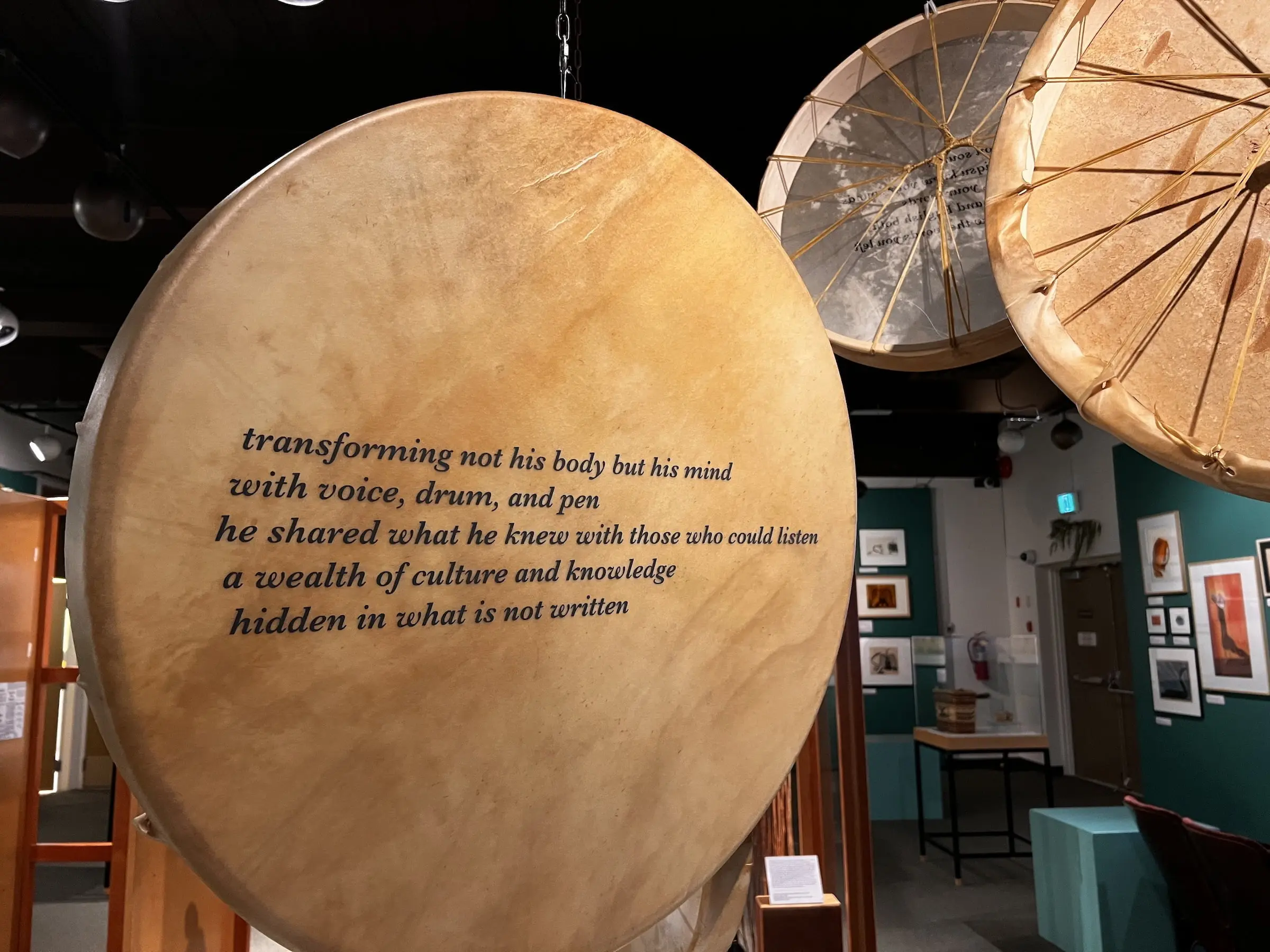
Vancouver has pledged to being a City of Reconciliation, with a Reconciliation Framework adopted in 2014. Part of reconciliation is about further education and celebration of the rich cultures of the xʷməθkʷəy̓əm (Musqueam), Sḵwx̱wú7mesh (Squamish), and səlilwətaɬ (Tsleil-Waututh) Nations, on whose unceded traditional territories Vancouver is situated.
While learning can be complex and ongoing work, there are many ways to connect with Indigenous cultures in Vancouver, which will give you a deeper appreciation and respect for both their vibrant traditions as well as contemporary cultural and artistic work.
Bill Reid Gallery of Northwest Coast Art
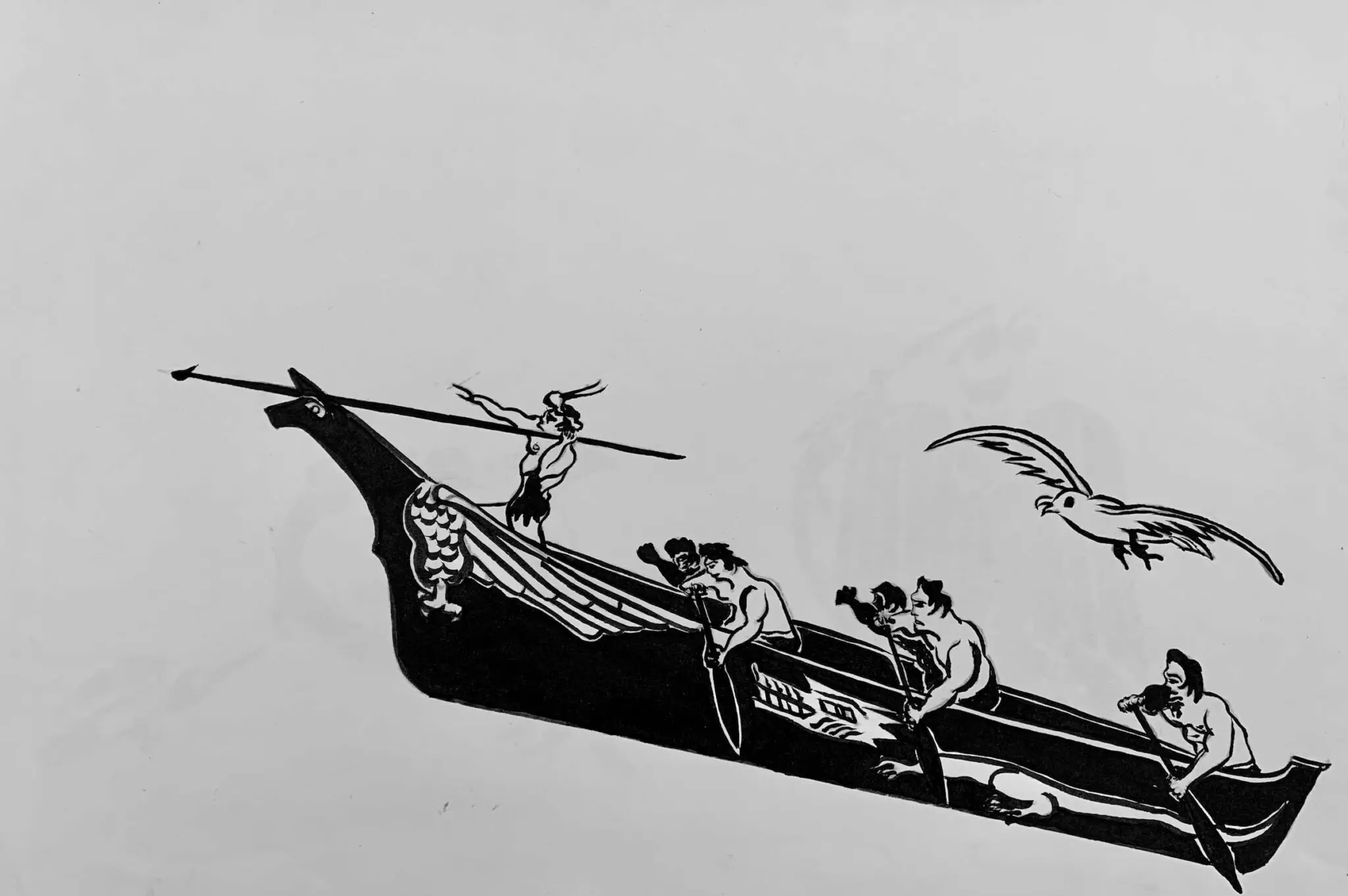
Most galleries and museums in Vancouver feature exhibitions and content that spotlight Indigenous history and arts and culture. One particularly noteworthy gallery is the Bill Reid Gallery of Northwest Coast Art, a boutique space located in the heart of downtown. The gallery is devoted to the legacy of the late Bill Reid—who melded Haida traditions with a modern artistic sensibility in a ground-breaking way—as well as to the diversity of Northwest Coast art.
This year promises to be a really exciting one for the Bill Reid Gallery, with numerous innovative and thoughtful exhibitions. Wrapping up on January 28, 2024, is 13 Moons Around the Lake: A Season of ‘Honouring Our Grandmother’s Healing Journey’. Curated by Nlaka’pamux artist Nadine Spence, the exhibition assembles artists from numerous Indigenous nations who have created works that pay tribute to grandmothers, as well as their families, the land, and salmon. Pieces contributed include blankets, bentwood chests, and quilts.
Opening January 20, 2024, and on until January 19, 2025, GEORGE CLUTESI: ḥašaḥʔap / ʔaapḥii / ʕc̓ik / ḥaaʔaksuqƛ / ʔiiḥmisʔap, celebrates the life and multifaceted contributions of a Nuu-chah-nulth artist, educator, writer, and activist. Clutesi authored and published books such as Potlatch and Son of Raven, Son of Deer, in which he wrote about Indigenous fables and culture. He also worked and educated others at the Alberni Indian Residential School (AIRS), and inspired many artists and scholars. The exhibition contains his artwork, archival photos, news clippings, a documentary film, and artwork by those who have been influenced by Clutesi.
Other upcoming exhibitions are XIÁM (February 7, 2024, to May 19, 2024), curated by Jordanna George, which features the comics of 5 Indigenous artists; The Sum of All (May 28, 2024, to September 8, 2024), which spotlights the work of 5 Black-Indigenous artists; and Formline Calligraphy: Bill Reid and Bob Reid’s Synergic Play (September 18, 2024, to January 2025), which showcases the two artists’ collaborative work.
Museum of Anthropology at UBC
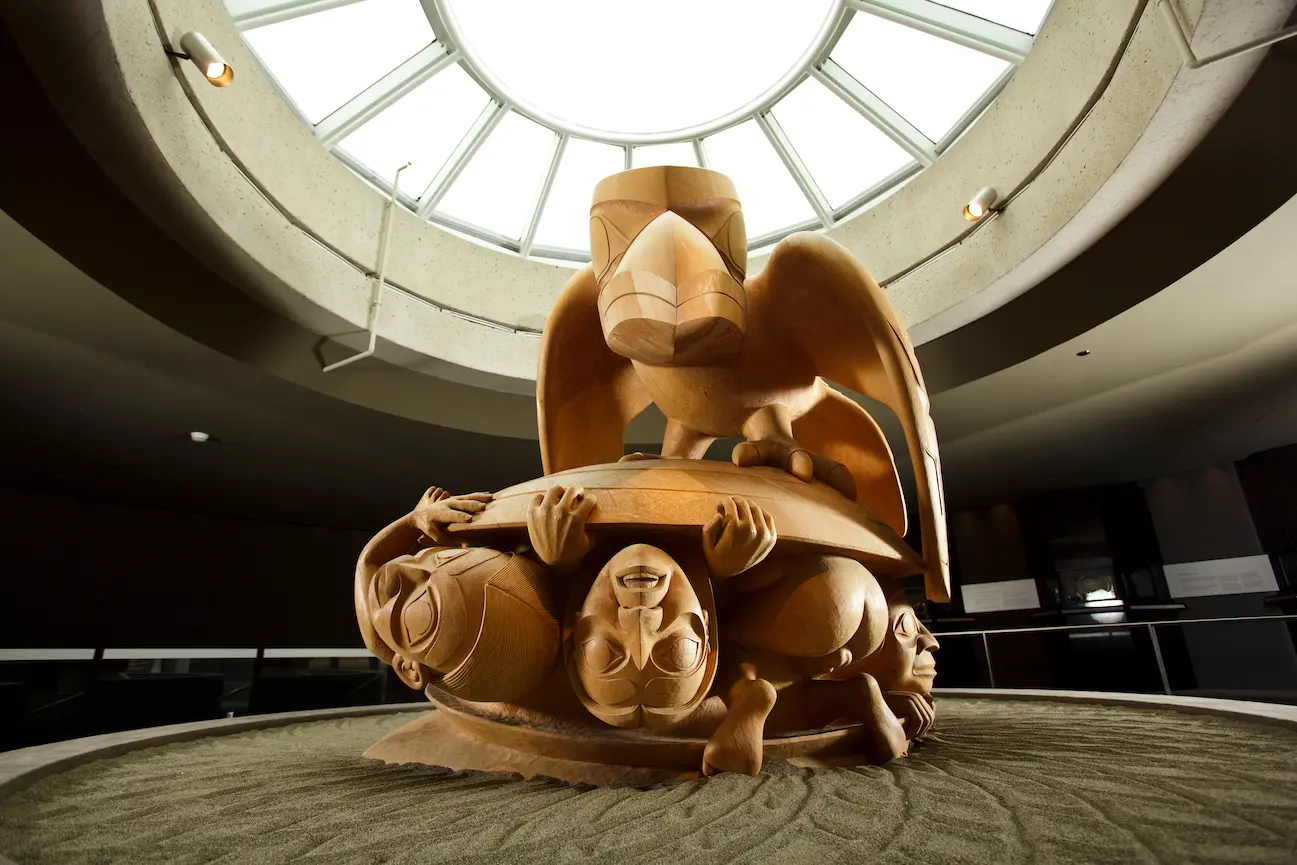
The Museum of Anthropology (MOA) at UBC contains a collection of approximately 50,000 objects, many of them important within Coast Salish culture and customs. These include canoe paddles, knives, and potlatch dishes. MOA is particularly known for its impressive Great Hall, which is undergoing seismic upgrades. As a result, MOA is currently closed but will reopen in June 2024. Until this exciting relaunch, MOA is holding events and tours. MOA Unmasked Tours, offered twice a month (Thursdays at 7pm, and Fridays at 4:30pm, 90 minutes), involve senior staff and special guests taking visitors through the collections, often on themed topics. For example, on January 18 and January 19, Sarah Holland (Indigenous Internship Lead) and Jennifer Kramer (curator) will talk about partnerships with Indigenous communities and MOA’s engagement with Indigenous peoples. Past topics have included “Activating the Northwest Coast Collection” and “Beading and Textiles in Motion.”
The MOA is also hosting a Visual and Material Culture Research Seminar Series this winter and spring on select Thursdays from 4 to 5pm in their Community Lounge. These interdisciplinary seminars are held by various UBC faculty and graduate students. For instance, on March 14, Alison Ariss, PhD candidate with the Department of Art History, Visual Art and Theory, will be holding a talk on “Respect and Replication in the Work of Resurgence: (Re)Conceptualizing Salish Weavings.”
Finally, if you’re planning on making a stop at the UBC Vancouver campus, be sure to visit the Reconciliation Pole, designed by master carver 7idansuu (Edenshaw), James Hart, and installed in 2017. The striking and powerfully moving pole depicts Indigenous peoples before, during, and after Indian Residential Schools, the last of which closed in 1996. UBC is also home to the Xwi7xwa Library, which contains 12,000 items, centering on First Nations people in British Columbia. While you need a UBC library card to check out items, you are free to browse the collections and consult expert librarians.
Indigenous-Owned Bookstores
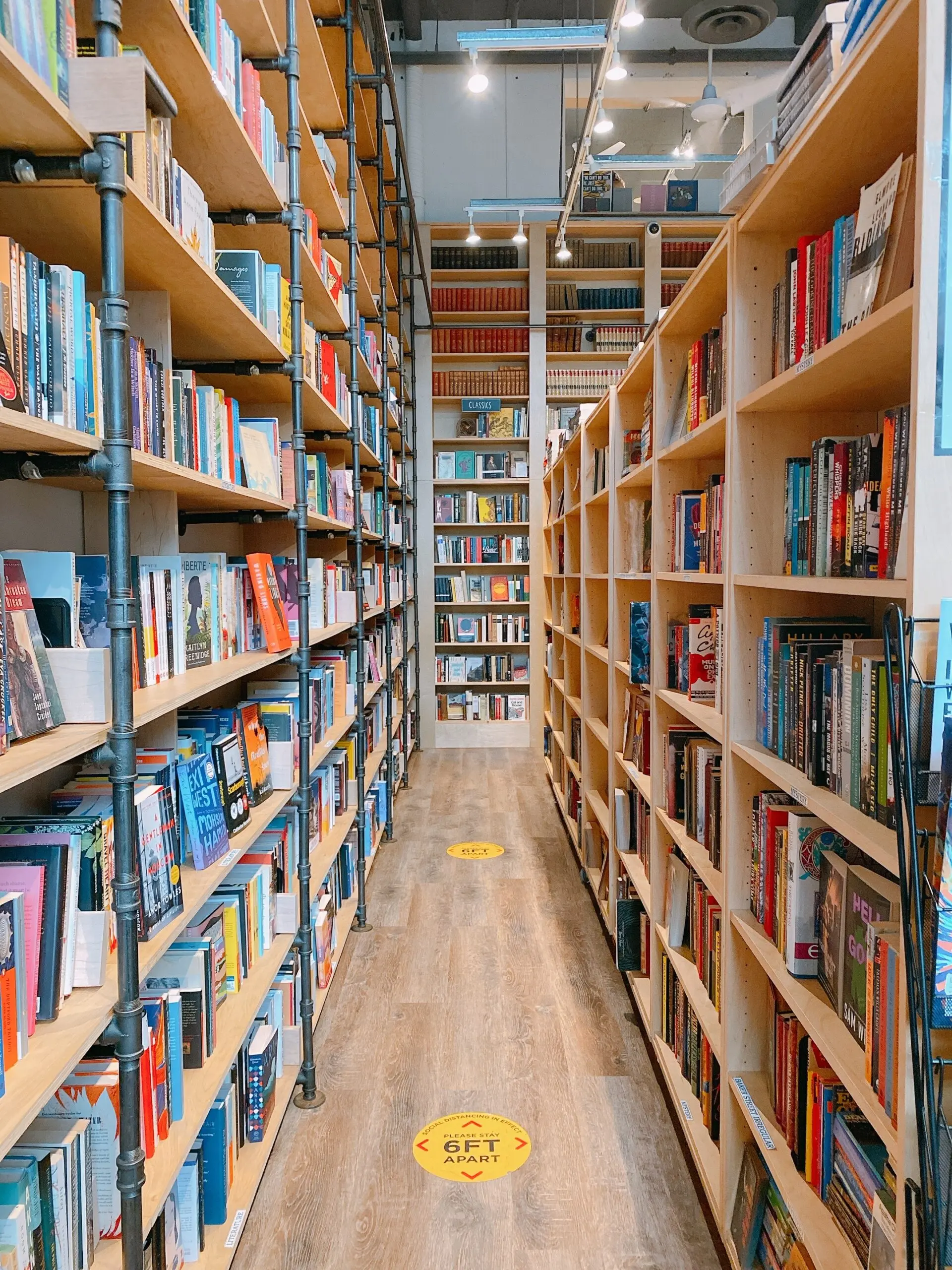
If you’re looking to do further reading about Indigenous history and cultures, and/or you want to get more acquainted with works of fiction and non-fiction produced by Indigenous authors, consider visiting two Indigenous-owned bookstores in Vancouver. You’ll be supporting Indigenous small business owners with your purchases.
Massy Books, located in Chinatown, is a member of the Stó:lō Business Association and 100% Indigenous owned and operated by Patricia Massy. The bookstore promotes works by Indigenous authors, in addition to texts by other authors often overlooked by mainstream publishing (e.g., racialized and queer authors). Massy is also the founder and director of the Massy Arts Society, which holds events such as the online book launch of Challenge to Civilization: Indigenous Wisdom and the Future by Blair Stonechild with guest Jesse Archibald-Barber on February 3, 2024, at 2pm.
Meanwhile, Iron Dog Books in the Hastings-Sunrise neighbourhood is also Indigenous owned, run by Cliff and Hilary Atleo, a Nuu-Chah-Nulth/Tsimsian academic and an Anishinaabe/Settler bookseller. What began as a mobile bookselling truck and a dream, later morphed into a brick-and-mortar location. Staff have a passion for and expertise in Indigenous literature, and can recommend amazing, informative, and powerfully written books representing Indigenous peoples, their stories, and their cultures.
Indigenous Restaurants and Cuisine
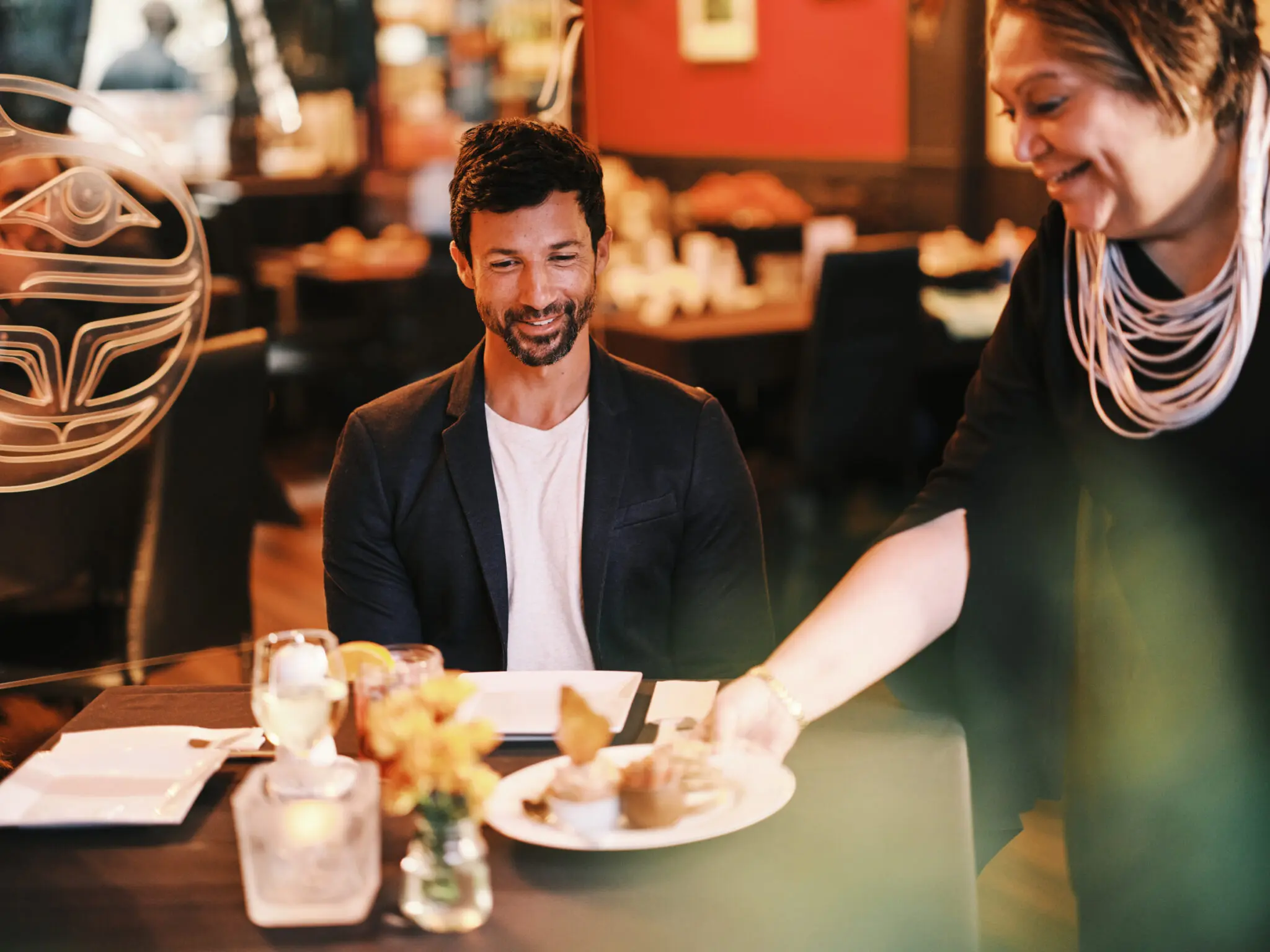
While Indigenous cuisine and ingredients do inform many dishes in restaurants across Vancouver, there are a few establishments and businesses that specialize in Indigenous cooking. Salmon n’ Bannock is located in the Fairview neighbourhood as well as in the YVR Airport. Owned and operated by Inez Cook, the restaurant also has staff who represent a variety of First Nations, such as Lil’wat, Nuxalk, and Squamish. While their signature Bannock, served with butter and jam, is a must-try, they also have numerous other dishes worth ordering, ranging from pemmican mousse to “Fiss n’ Rice,” wild sockeye salmon with Ojibway wild rice in a brown butter sauce, daily vegetables, and bannock. Their Salmon n’ Bannock on the Fly at YVR Airport is found near International Gate D71 and serves candied salmon in addition to other light meals.
Mr. Bannock is a food truck and catering operation run by the very personable and talented Paul Natrall from the Squamish Nation. Natrall not only is an ambassador for Indigenous cuisine and culture, but offers some really fun and tasty eats, such as a classic Bannock taco, a handcrafted Bannock burger, and Bannock with cinnamon and brown sugar.
Finally, visitors to the very informative Squamish Lil’wat Cultural Centre in Whistler, can dine at the Thunderbird Café, which serves Spirit Bear Coffee and light meals using local ingredients and highlighting Indigenous cuisine. Options include a Bannock taco with venison chili and cedar plank Squamish salmon chowder.
Places That Matter and Indigenous-Led Tours
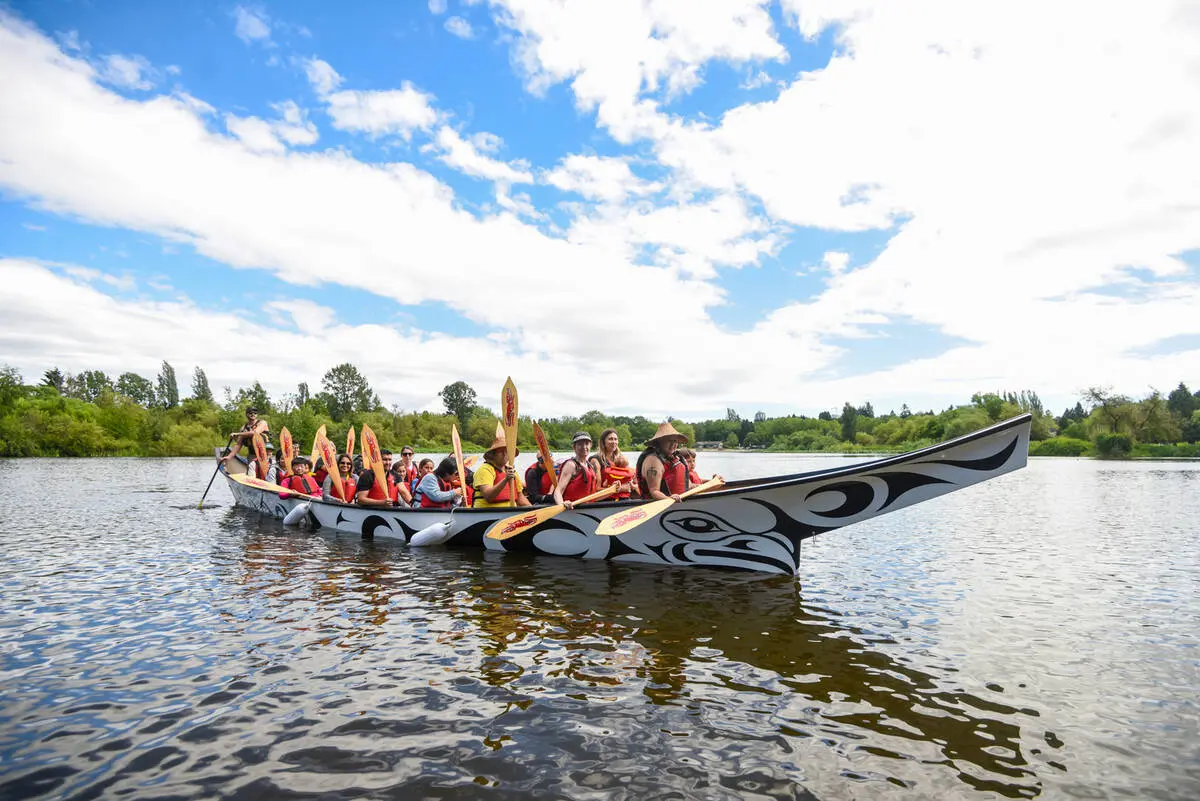
Part of further education on Indigenous cultures is getting to know traditional unceded territories. The Vancouver Heritage Foundation has partnered with the Musqueam (Archives and Department of Language and Culture) in selecting five Places That Matter to the Musqueam people. They include Siwash Rock and Lumberman’s Arch in Stanley Park, and CRAB Park. Visit each of them, and get to know their beauty, current natural and urban surroundings, traditional importance, and history.
For those who would like an individual with Indigneous cultural expertise to lead them on a tour, there is Takaya Tours, which is owned and run by the Tsleil-Waututh Nation. The company offers two kinds of cultural tours, the first is a cultural canoe tour (available from April to October, 2 hours) in which participants paddle in a replica ocean-going canoe, learning about Indigenous ancient villages in the area, as well as legends and songs. Or, opt for a split tour (available May 1 to October 31, 2 hours), which combines canoeing and walking. In addition to the cultural knowledge shared during the canoe tour, you’ll also learn about traditional plants, harvesting, and hunting/fishing.
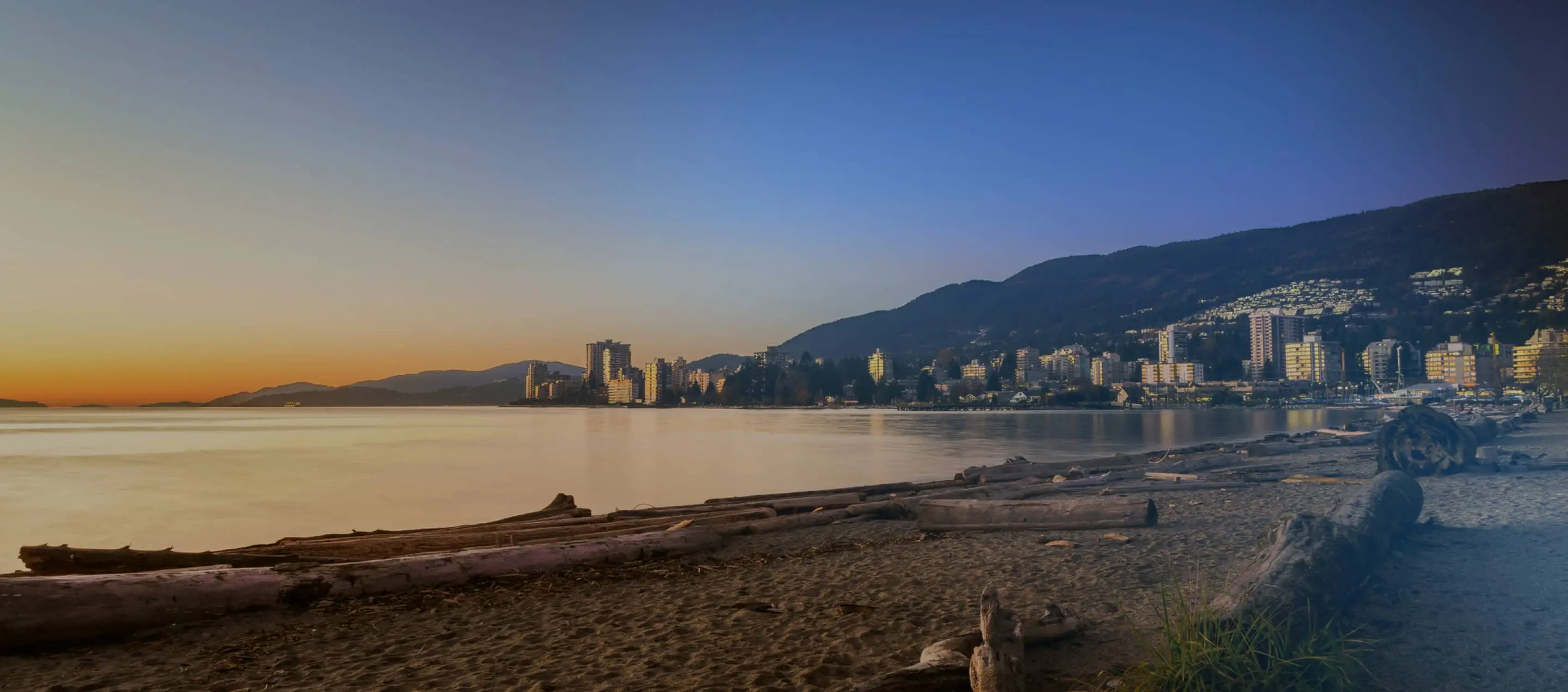
Into
scenic
spots?
Get
ideas.